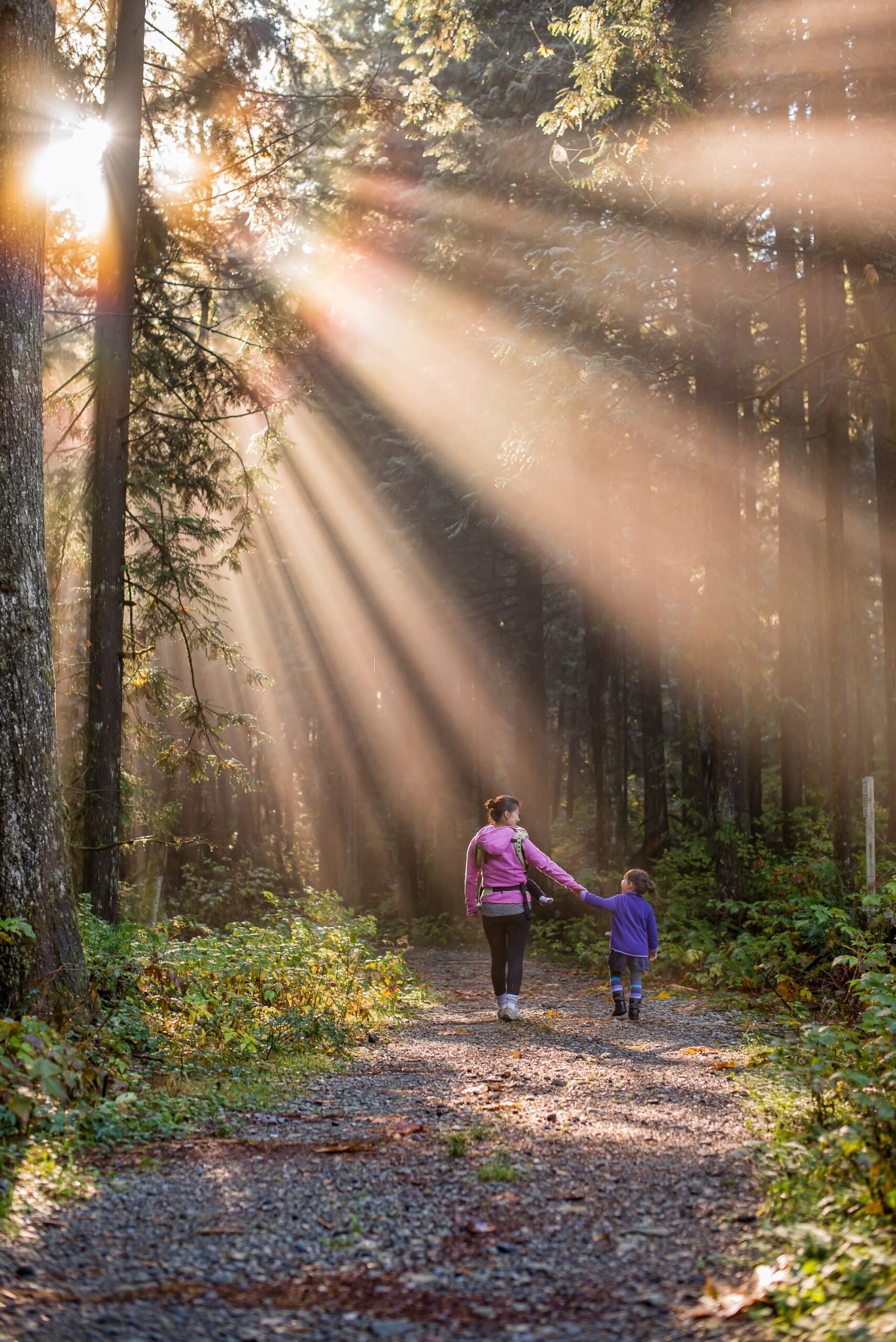During the summer months it is easy to relax and rejoice with the time off from structured learning. However, it can be very beneficial for students of all ages to continue to practice and brush up on their skills throughout this time. The great outdoors provides endless possibilities for wonder and imagination. Math and English learning opportunities are everywhere. The following are some benefits to taking learning outside with you on your summer adventures and some helpful hints on how to incorporate learning into everyday experiences.
1 – Sense of Self
When children and teens are provided with opportunities to take more control over their learning experiences, they tend to thrive. Being able to explore new terrain and adapt to new environments not only helps improve cognitive function but it also encourages the child’s creativity, allowing for new opportunities.
Encourage your child to set an alarm or plan out their daily schedule. Plot a daily time to make sure they get outside, considering the weather.
2 – Making Connections
Connecting with nature has incredible benefits regardless of the activity. Being physically active or just simply sitting in the gentle breeze between the trees allows our bodies and minds to recharge.
When exploring nature, encourage your child to talk about what they see and how they feel. Creating conversation like this can help encourage your child to notice the differences and similarities in their surroundings at any given time. This can help make them feel more secure about themselves and help understand that what they observe is of importance.
Outdoor environments tend to provide much more open-ended space for the mind to wonder and make connections between skills already mastered and new ones which are developing. Having meaningful conversation helps encourage these connections to stick.
3 – Interest Based Learning
Each individual comes with their own unique set of interests. Getting back to the nitty gritty of nature can not only spark excitement in learning, but help children to focus on their own interests and needs when it comes to exploration. It has been proven that following a child’s lead and allowing them to fully explore their own interests has incredible benefits to their ability to learn as a whole.
Talk with your child about things or places they would like to explore and make solid plans including dates, times and materials to organize and pack. This gives the child something to look forward to and some control over the situation, helping to build their confidence within themself.
Afterwards, try encouraging your child to remember and discuss things they liked and things they didn’t so they can have some say in future opportunities.
4 – Planning & Organization
Some ventures outdoors require more planning than others. There are many things to consider, including but not limited to, the weather, the destination and the duration of time for the event.
It’s a good idea to make a list. Have your child write down all the things they would need and then pack them up together. Check the weather and consider what is really necessary. Doing this consistently can help your child identify and remember what was actually needed and what was not, creating an expert explorer!
5 – New Learning Opportunities
Whether your child is interested in being outside or not, there really are endless learning opportunities to spark anyone’s imagination. Try collecting materials that your child enjoys doing inside. This could be anything; creative materials, toys, blocks etc., and simply take them outside. Setting up a new space with the same materials can encourage children to see things from a different perspective. Make comparisons between what usually happens inside and what’s happening with the materials outside. Ask open – ended questions to help create new play possibilities.
The great outdoors provides amazing opportunities for educational growth and exploration especially during the warmer months.
During these challenging times, encouraging kids of all ages to get outside and continue their learning through their environment. It can help them feel independent and refreshed. Keeping the imagination alive and well and the students excited for new learning opportunities!

